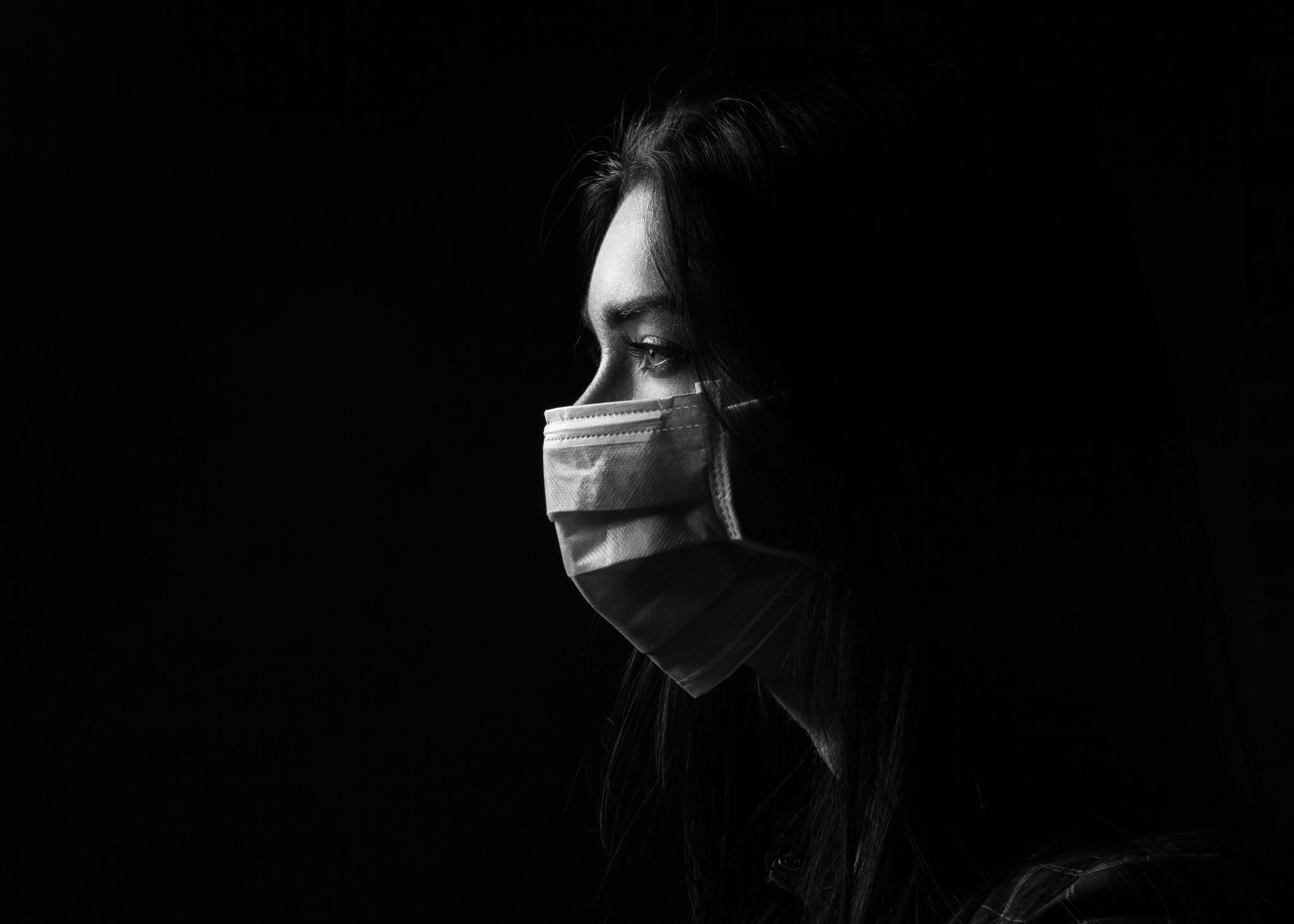By Catherine Ettman, Boston University and Sandro Galea, Boston College
The Investigation Brief is a short just take about appealing academic function.
The large strategy
A single yr into the COVID-19 pandemic, we uncovered that extra than 1 in 5 U.S. grown ups claimed probable depression in both equally spring 2020 and spring 2021. We also uncovered that financial property served lessen the persistence of symptoms – but only to a position. Our a short while ago published study highlights COVID-19’s continuing psychological overall health consequences on the U.S. population.
We released a national review in March 2020 measuring psychological overall health and assets. COVID-19 was a nationwide unexpected emergency, as deaths have been on the increase. Colleges, workplaces and govt places of work closed as Americans ended up urged to remain property. At that time, we located that 27.8% of U.S. older people in our analyze noted symptoms of despair, these as getting rid of curiosity in activities or feeling down or hopeless. This selection was more than a few times as higher as the national pre-pandemic despair estimate of 8.5%.
Most putting to us was that a 12 months into the pandemic, depression costs remained large, regardless of hopeful symptoms of decreasing infections and deaths. In April 2021, men and women have been lining up for COVID-19 vaccine photographs, doctors have been getting far better COVID-19 treatment plans and attempts to reopen culture have been under way. But by that level, the share of grown ups in our survey reporting signs or symptoms of depression experienced absent up to 32.8%.
Worse yet, that higher 2021 number bundled 20.3% who experienced reported signs and symptoms of depression equally in April 2020 and in April 2021. This finding indicates that poor psychological wellbeing pushed by the pandemic was the two commonplace and persistent.
We also desired to know which belongings – money, bodily and social – could be influencing people’s psychological wellness throughout the pandemic. In our initially study, we found that folks who arrived into the pandemic with comparatively handful of property – especially money ones – were being far more most likely to be impacted by COVID-19-connected stresses.
In our April 2021 follow-up survey, we were fascinated in the marriage involving mental wellbeing and asset status. We looked at fiscal assets this kind of as individual cost savings, actual physical belongings such as home possession and social property of schooling and marital standing. We compared people who have been identical in phrases of marriage, training and home possession. We uncovered that people in households earning a lot less than US$20,000 a calendar year have been 3.5 periods as very likely to report persistent depression signs or symptoms as individuals creating $75,000.
We also uncovered that persons who had $5,000 or extra in financial savings or a lender account described considerably less persistent melancholy. Having extra assets, on the other hand, did not lower the despair-inducing stress of losing a occupation, suffering connection challenges or experiencing financial challenges during the pandemic.
Why it matters

Almost 1 million U.S. lives have been missing to COVID-19, and there have been nearly 5 million hospitalizations. But measuring the result of the pandemic on the nation’s psychological wellbeing is just starting. And we think the pandemic’s sustained effects on the nation’s psychological overall health is unparalleled.
What is future
Our following go is to further more examine places of overlap amongst all those who commenced the pandemic with less assets and all those who suffered task losses, marriage problems or money troubles for the duration of the pandemic.
Folks who have less assets are the kinds most at risk of despair, primarily despair that lasts above time with social upheaval. Belongings can be a cushion, but even they did not protect people today from the unsafe outcomes of stressors introduced on by the pandemic. Our study exhibits that despite the fact that the pandemic seems to be easing, Americans are however suffering. And they may possibly go on to truly feel unwell results on their mental health for a prolonged time to appear.
[Get fascinating science, health and technology news. Sign up for The Conversation’s weekly science newsletter.]![]()
Catherine Ettman, PhD Prospect, Boston College and Sandro Galea, Professor of Family members Medicine, Boston College
This article is republished from The Conversation underneath a Innovative Commons license. Read through the original short article.





More Stories
Childhood Obesity Prevention – 7 Tips to Help Prevent Obesity in Childhood
Choosing a Cosmetic Plastic Surgery Clinic
Candida Statistics – Numbers Don’t Lie